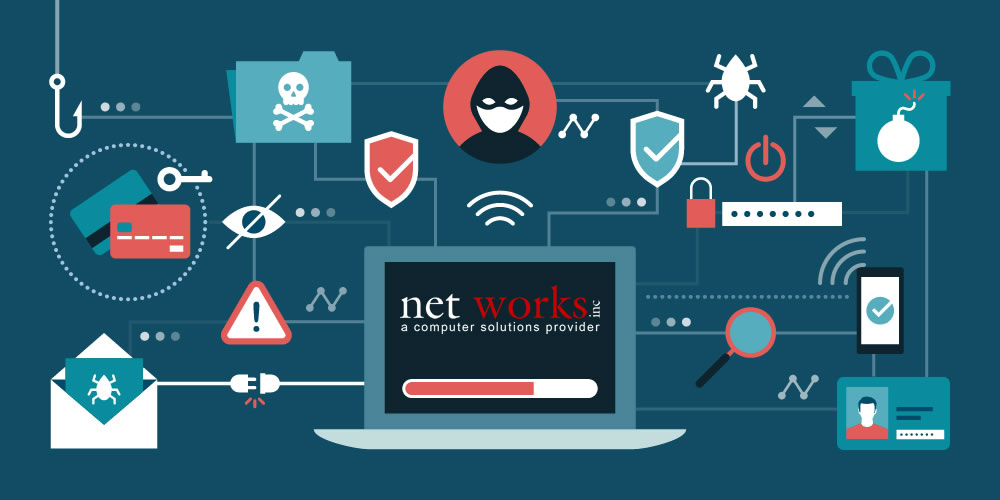Have Your Passwords Been Compromised?
- Mar 25, 2021
More news of a another major company suffering a data breach is all too common today. Thinking that because you havent recieved an email from such a company, you havent been affected, could be a significant mistake.
The reality is, large breaches are happening all the time. Cybercriminals put credentials online, and other bad actors buy and exploit those email addresses, usernames, passwords, etc.
Why do criminals buy these member details? Presumably, the victims of the breach quickly change their passwords to prevent security vulnerabilities. So, what good does this info do?
Take a moment to think about how many unique passwords you actually have. Many of us have dozens of different online accounts but only a handful of distinct passwords. That means a hacker can take that stolen data from, say, LinkedIn and try the same password on your banking site.
Cybercriminals have the capacity to keep on trying. They will take one stolen password and use that data to try and hit other accounts in a massive, brute-force effort.
What can you do about it?
Stop using the same passwords over and over again. Yes, unique passwords for every account are difficult to remember, but they are critical.
The best solution is to use a password manager. Many browsers have a pop-up window offering to remember a password for a particular site. If you say “yes,” the browser automatically populates access credentials on your return to the site.
If you use Google Chrome, you can also check if your passwords have been compromised. Google Safety Check compares your saved usernames and passwords against over 4 billion compromised credentials.
To check for leaked passwords, head to “Settings” in the Chrome browser, then navigate to “Safety Check” and “Check Now.” You’ll get a report that identifies any compromised passwords, and allows you to review and fix leaks.
MacOS users will be happy to hear that Safari added similar functionality in its latest release, and Mozilla’s Firefox browser also has password checking built in.
Strengthen your passwords!
Creating a strong password is challenging; almost as difficult as remembering all your different passwords. You need a combination of uppercase and lowercase letters, numbers, and special characters. Having a different mix helps make the password more difficult to guess. That’s why passwords a good password manager suggests look like a string of gibberish.
Pay attention also to warnings from the site requiring your credentials. If they say your password is weak, believe them. Safari and Chrome suggest stronger passwords when you create a new account.
Change your passwords immediately if you are advised to do so.
A few password managers that we reccomend:
Do you need further help checking to see if your passwords have been compromised, or setting up a password manager for your home or business? Our IT experts can help. Contact us today at 386-248-0000



